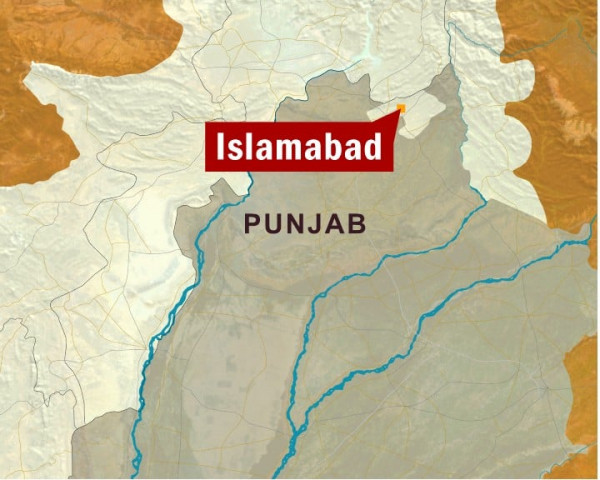Receding economy: Overhaul tax regime, focus on growth and jobs
Discussion highlights economic needs and realities of the country.

Economists, parliamentarians and journalists at a round-table discussion on Thursday took stock of Pakistan’s economic needs and realities. The participants of the discussion, organised by Jinnah Institute, a recently formed think-tank, agreed that Pakistan needed to overhaul its taxation regime.
The rich, they said, needed to contribute their fair share to the economy. The burden of running Pakistan could not be left to three million registered tax payers and a few corporate entities.
“The tax regime of Federal Bureau of Revenue (FBR) was inhibiting economic growth in the country’ said Shahid Khaqan Abbasi, a parliamentarian from Pakistan Muslim League-Nawaz. He said such a financial loss in a country like Pakistan was a crime.
The banks, he said, are supposed to bear the risk of losses on the money they lend to businesses. He also expressed concerns over ‘no money available for Small and Medium Enterprises (SME)’. Abbasi advocated for relaxation of visa regime to open up trade routes with neighbouring countries including, India.
Deputy Chairman Planning Commission, Nadeemul Haque, said that Pakistan needed to focus on ways to generate growth and jobs for people. “Pakistan needs to grow at 8 per cent a year in order to accommodate the young people that are going to enter the labour force and this is a tall order,” he said.
Such growth will only be possible by putting seasoned professionals in charge of various sectors of the economy instead of ‘political favourites or general-ist bureaucrats’, Haq added. He also said that Pakistan needed to focus on encouraging entrepreneurship as a key to generating growth and new businesses in the country.
Sherry Rehman, President of the Jinnah Institute, noted that Pakistan’s economy was in dire straits due to a combination of internal and external shocks. She highlighted that Pakistan is still reeling from the effects of the floods and the backlash from the war on terror that has cost Pakistan $68 billion in the last 10 years.
She also stressed on the need for politicians to declare how much tax they pay and lead by example.
Senior leader of the Mutahida Qaumi Movement, Farooq Sattar echoed the need for increasing the tax base. “Think about taxing agricultural income while lowering taxes on the corporate sector to encourage more investment in Pakistan,” he said. Sattar added that all political parties need to come together to develop an economic charter for the country.
To Sattar’s suggestion, Nadeem Afzal Chan, a member of National Assembly from the ruling party, said that the agricultural sector was already being neglected. “The landlords are not in a majority. Therefore, the small farmer would suffer from increased taxes,” he said.
Published in The Express Tribune, June 10th, 2011.



















COMMENTS
Comments are moderated and generally will be posted if they are on-topic and not abusive.
For more information, please see our Comments FAQ